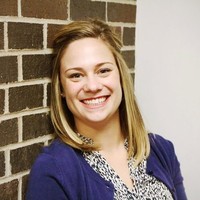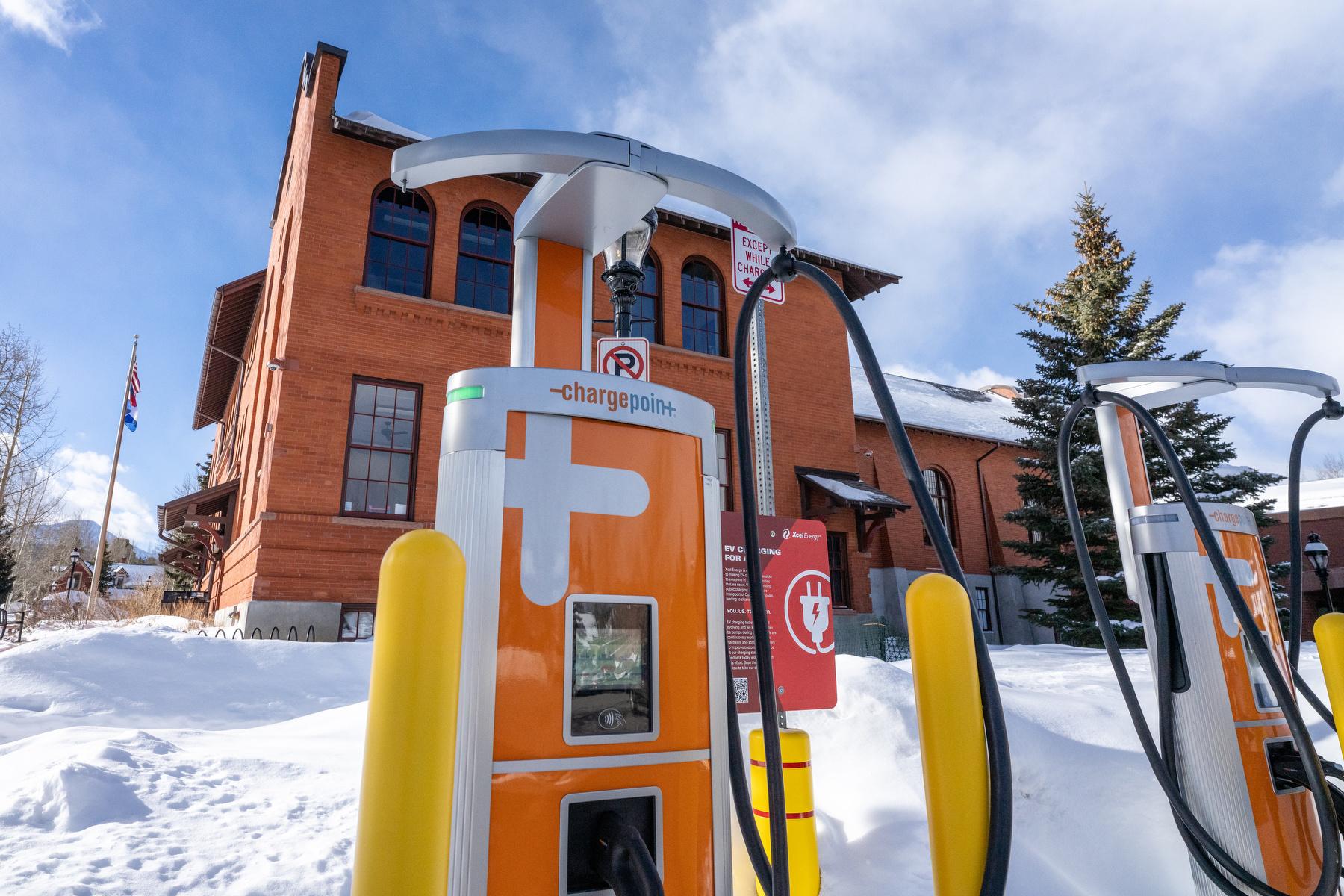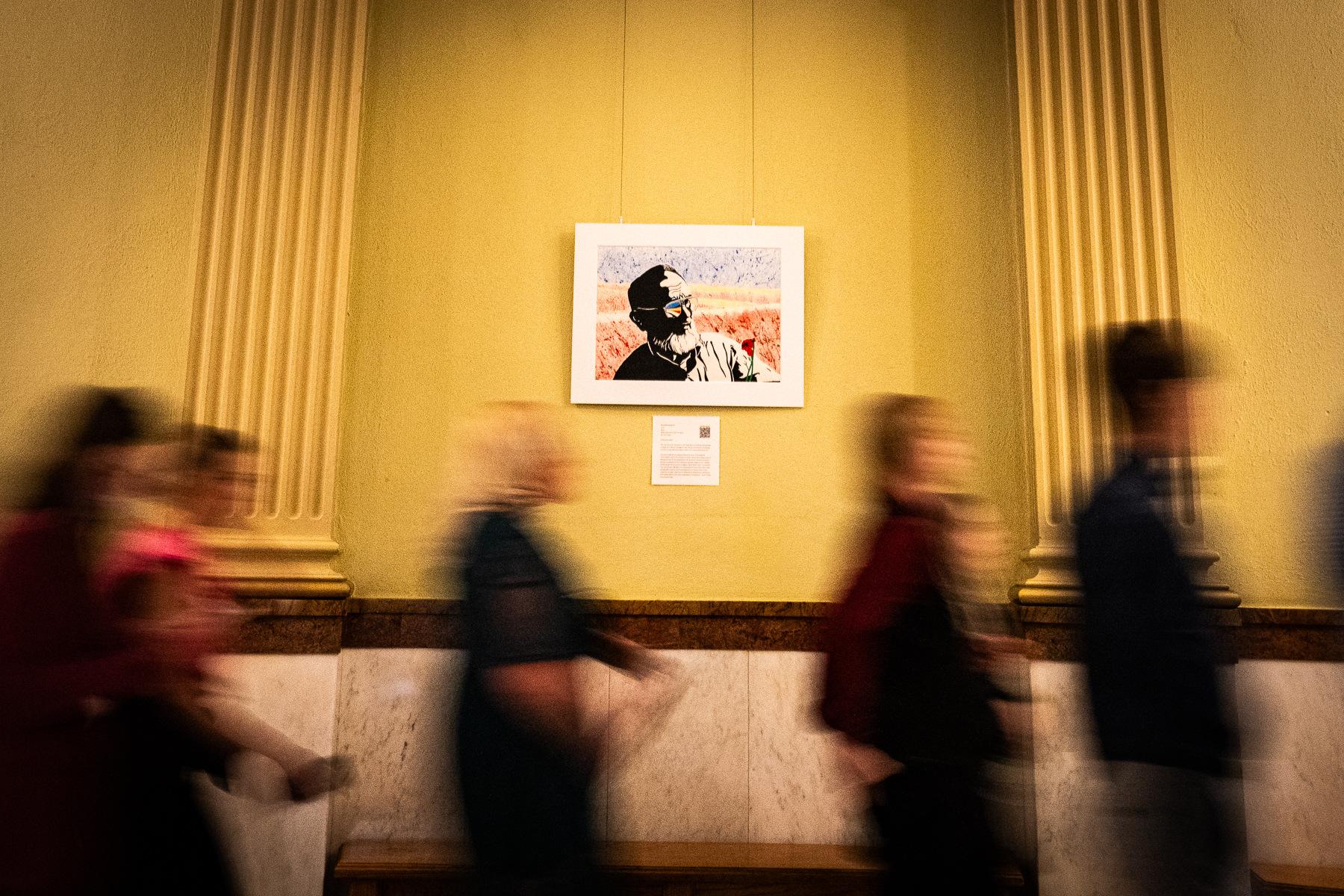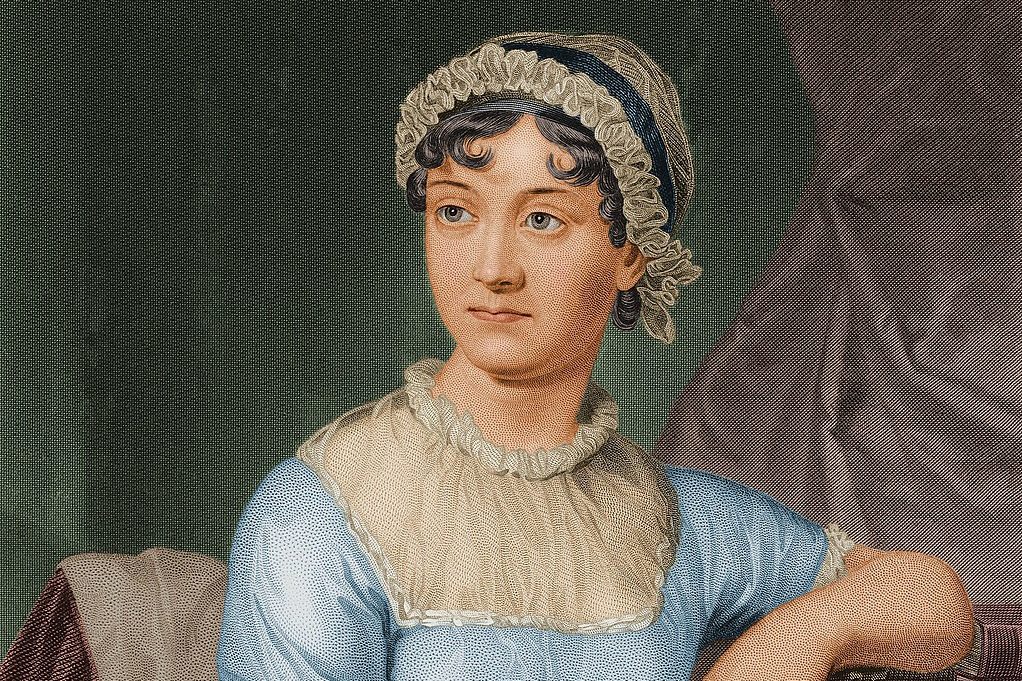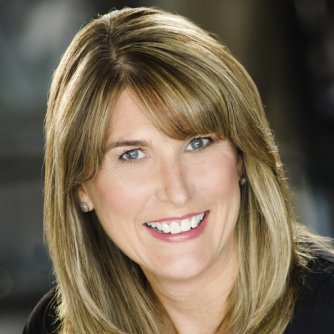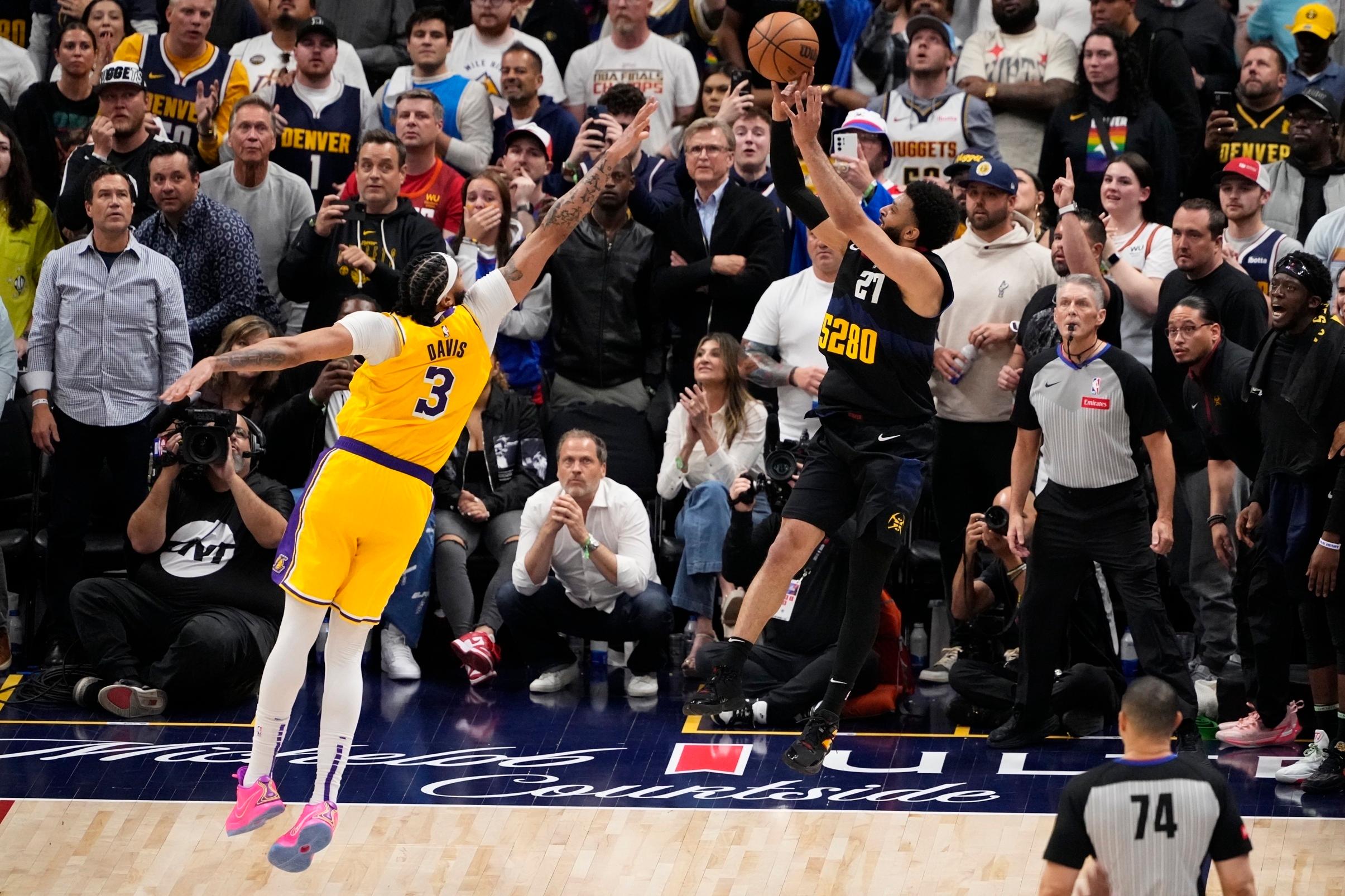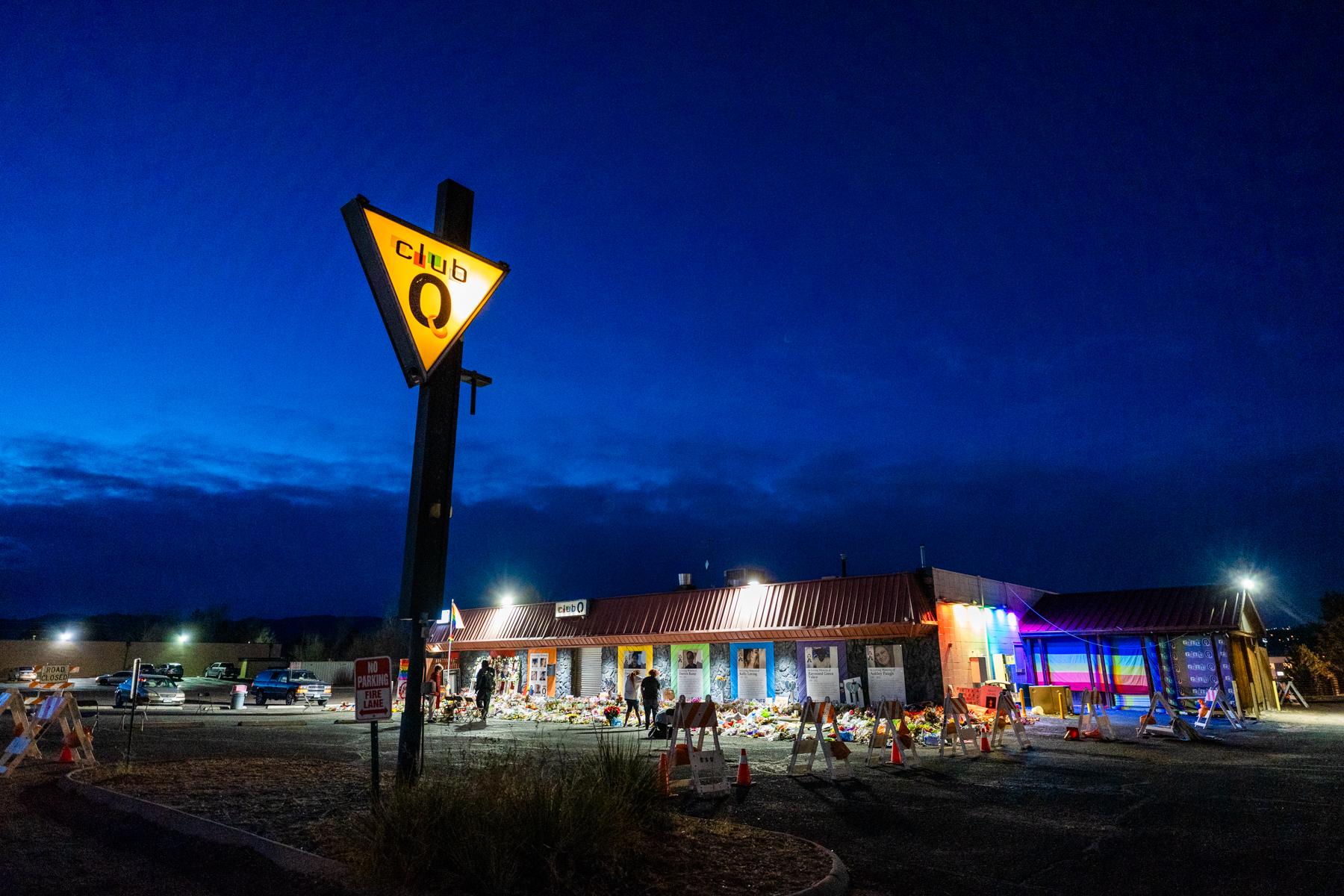
The non-profit Colorado Healing Fund, which collects money for victims of mass casualty crimes in Colorado, is responding to criticism from victim advocacy groups about how it retains and disburses funds.
Following the Nov. 19 shooting at Club Q, an LGBTQ club in Colorado Springs, state leaders and local officials began directing the public to donate to the Colorado Healing Fund (CHF) as a way to donate funds securely and quickly support those in need.
However, critics are highlighting CHF’s practice of retaining 10 percent of funds for administrative costs. According to victims advocates, other models exist that would allow 100 percent of donations to go to victims and families.
"While they're coping with this awful trauma and pain and suffering, they have to go somewhere and ask for money, ask for help [as if] we don't know that they have a need. It's humiliating."
-victim advocate zachary blair on the colorado healing fund's dispersement method
"The money is for the victims. It's not for the non-profit," Zachary Blair, of the nonprofit Victims First, said. Blair is worried about how much of the roughly $1.8 million donated to CHF following the Club Q shooting is going to operational costs.
"If people wanted to donate to a non-profit, they would donate to the non-profit," Blair said.
Donations are rolling in to the Colorado Healing Fund to support Club Q victims. How much does the organization keep? And how do they decide who receives money?
CHF Executive Director Jordan Finegan is the nonprofit's only employee. She said their annual budget is about $130,000 a year, which is "basically salary for one staff person, our annual audit that we ensure that we go through, and other small miscellaneous things that a usual non-profit has to account for."
The fund's board is made up of volunteers, including Frank DeAngelis, a former principal of Denver-area Columbine High School where 15 people were killed during a mass shooting in 1999. DeAngelis said the group currently collects 10 percent of all donations to the fund as an "administrative fee."
That means from the Club Q shooting, CHF has collected $180,000, thus far.
"We want to make sure that this organization stays in existence," he said. "And so the operating fee…that's a part of that."
Rick Cohen, chief communications officer for the National Council of Nonprofits, said there are often unseen costs to running a nonprofit organization. That includes credit card fees to process donations and costs to create the structures to ensure funds are disbursed properly.
"Sometimes a nonprofit may find a donor or foundation that can provide the funding to cover those costs, but if they can’t, there needs to be a way for the organization to cover its expenses or it will cease to exist," Cohen said in an email.
Blair notes the Colorado Healing Fund only collected a 5-percent fee during the shooting at a Boulder King Soopers in March of last year.
"They say they're lean and they only have one paid employee. That hasn't changed [since 2021]," he said. “There's no logical reason why that administration fee would've doubled."
CHF was established in 2018 using $1 million in seed money donated from the state attorney general's office using lawsuit settlement funds.
As of right now, it receives no funding from the state and operates independently.
Since its inception, the fund has assisted victims financially in several tragedies, including a mass shooting at a party on Mother's Day of 2021 in Colorado Springs. The group typically collects money for six months after an incident. They say all funds collected stay with the specific event they were donated for. However, CHF has used money from its initial seed fund to provide for victims when fundraising efforts fall short.
In a press conference following the outcry, former state Attorney General and Colorado Healing Fund Chair Cynthia Coffman said the group is exploring several opportunities for alternative funding.
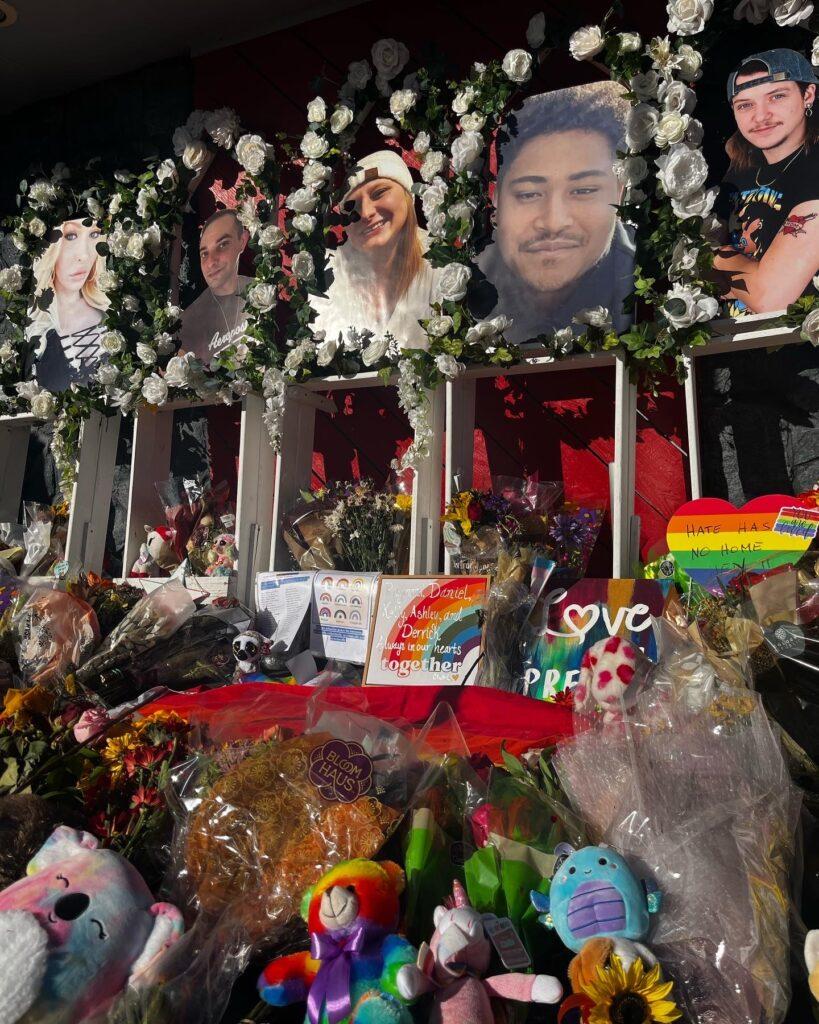
"I hope that someone hears about this and says, 'Gosh, you know, our corporation could help do that,' or 'We'd like to make a contribution toward those operating costs' so that the Healing Fund can give all of the money for victim services," Coffman said.
The Colorado Healing Fund is also having internal discussions about what to do with a potential surplus of administration fees.
Through his work with Victims First, Blair said he's familiar with fundraising models that dole out every penny directly to victims, with no organizational costs. That includes a mass shooting at three spas in Atlanta, another at a FedEx facility in Indianapolis, and another at Oxford High School in Michigan.
Blair is from Orlando and was a patron at Pulse, a gay nightclub where 50 people were killed in 2016.
"I saw what happened after the Pulse shooting. Six and a half years later, there's still surgeries. People still have to miss work. People are still coping with the trauma and the pain. And that often results in job loss, time off of work, and can even lead to homelessness," he said. "There's no reason for any nonprofit, any individual to make money from the donations that are intended for victims."
There has also been criticism of the way CHF distributes the funds that are raised.
Rather than disbursing money directly to survivors and the families of victims, the organization gives funds to the Colorado Organization for Victim Assistance (COVA). That group distributes the money as it is authorized by the Colorado Healing Fund Board.
“We made a conscious decision not to be direct service providers because there are people who have that ability and expertise and training in Colorado who are already doing that work,” Coffman said. “And there was no need to duplicate services that were working.”
Blair said there's more to it than that. Following the mass shooting in Boulder, Blair said CHF doled out funds using "needs-based assessment" which meant the money wasn't distributed equitably.
"That was causing a lot of issues, especially when people have to open up their bank accounts and show them that they have a need," he said. "While they're coping with this awful trauma and pain and suffering, they have to go somewhere and ask for money, ask for help [as if] we don't know that they have a need. It's humiliating."
DeAngelis said the survivors of the Club Q shooting and families of those killed have been given roughly $220,000 in direct cash disbursements. Another $150,000 to support immediate needs like rent and car payments.
"There are people that are on the ground working out there saying, 'are you aware that these families need this particular thing? And so by us working in conjunction with [COVA], they tell us this is exactly what they need," DeAngelis said.
More money is set to be authorized for distribution in the coming days, according to DeAngelis. He also emphasized the Colorado Healing Fund's focus on supporting people in the long term.
"One of the things that we realized in Boulder is…we know there's going to be trials. The same thing is going to happen down in Colorado Springs. What happens when these family members that live out of state want to come back in? That's where we could reach out and provide funds for them to come back in if they decide to attend the trial," he said.
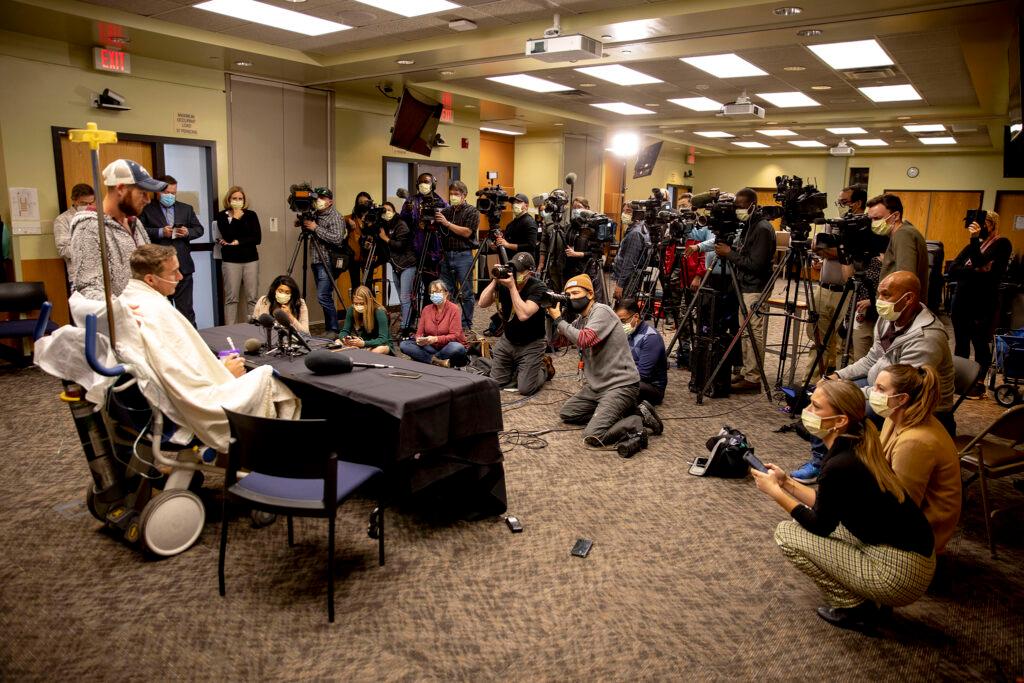
Blair questions the logic of keeping the donated funds.
"The Colorado Hearing Fund leans on long-term needs to justify holding back money. But the thing is that people need the control of the money that's intended for them, that's given to them so that they can make their own choices, their own medical choices," he said.
He likens it to a conservatorship.
"This non-profit is coming in, collecting these donations for victims, and then they're deciding how the money is spent," he said. "They have a board of so-called experts who are making these [financial] decisions that the victims themselves can be making and get what they need themselves."
According to a statement CHF shared on Twitter, the group is "committed to doing this right and getting input from the community" as they give out funds to help with rent, utilities, and other costs that are typically due at the first of the month.
"Because the bottom line is what we want to do is we want to help people," DeAngelis said.
In an interview with Colorado Matters, Club Q co-owner Nic Grzecka acknowledged the issues with the Colorado Healing Fund but said he still believes that's where people who want to help should donate money.
"We still trust in it," Grzecka said.
More Club Q coverage
- ‘Club Q will go on’: Co-owner of the Colorado Springs LGBTQ club speaks about the healing process, visiting the memorial and the future of Club Q
- Club Q shooting: What we know about the funerals planned for each victim
- Colorado Springs fundraisers are rallying people behind the city’s LGBTQ community after the Club Q shooting
- Colorado politicians have promoted anti-LGBTQ rhetoric and policies — from local school boards to Congress — that escalate violence, experts and advocates say
Editor's note: This article has been updated to reflect the correct spelling of Cynthia Coffman, former Colorado Attorney General.
